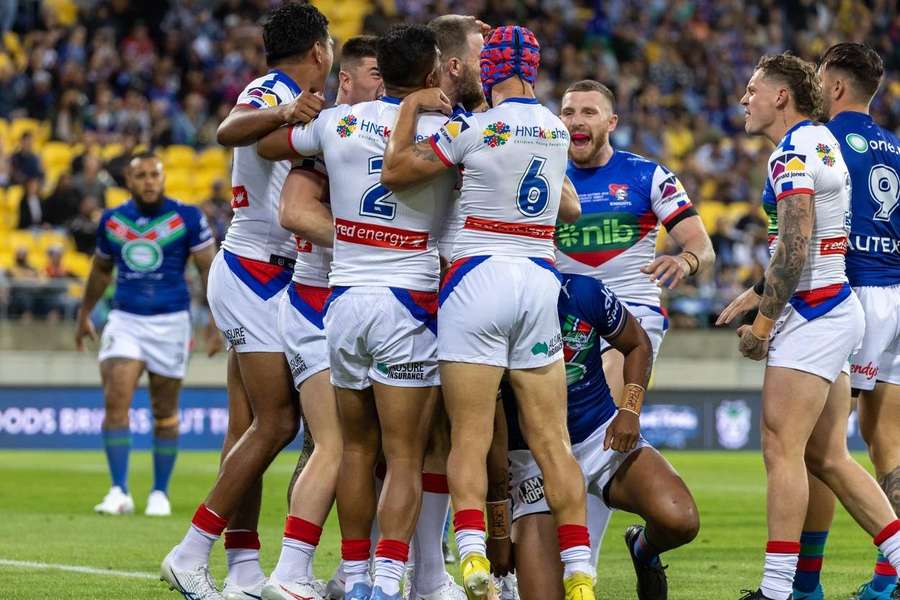Australia's NRL tightens concussion protocols

The Australian Rugby League Commission (ARLC) approved the new rule on Tuesday, the same day the Australian Football League was hit by a class action from dozens of former players over alleged damage to their health from concussions.
The new requirement, which applies to concussions diagnosed at training and during games, takes effect from the start of the third round of the NRL championship on Thursday.
Under the previous regime, players also faced 11-day stand-down periods but were able to return to the field within a week if cleared by an independent medical expert arranged by their club.
Now, if they show "category one" symptoms including loss of consciousness, being unsteady on their feet and failing to protect themselves when falling, they have no recourse to return to play earlier than the 11 days.
"Our current head injury protocols are exceptionally strong," ARLC Chairman Peter V'landys said in a statement on Wednesday.
"Following a review of the data and the expert advice we have received, the commission have enhanced these protocols even further by providing a mandatory 11-day stand down period following a diagnosed concussion."
In circumstances where players suffer a "category two" concussion - failing a concussion test in the dressing room as opposed to on the field - they may apply for an exemption to the 11-day period through a review by an independent neurological expert appointed by the NRL.
In those cases, players must be asymptomatic the day after the concussion, pass cognitive tests and not have had any concussions in the previous three months.
Players must also have suffered fewer than five previous career concussions and have no history of prolonged recovery from concussion.
The issue of concussions in the NRL has been in the spotlight in recent days after Newcastle Knights captain Kalyn Ponga suffered his fourth head injury in 10 months in the win over Wests Tigers on Sunday.



